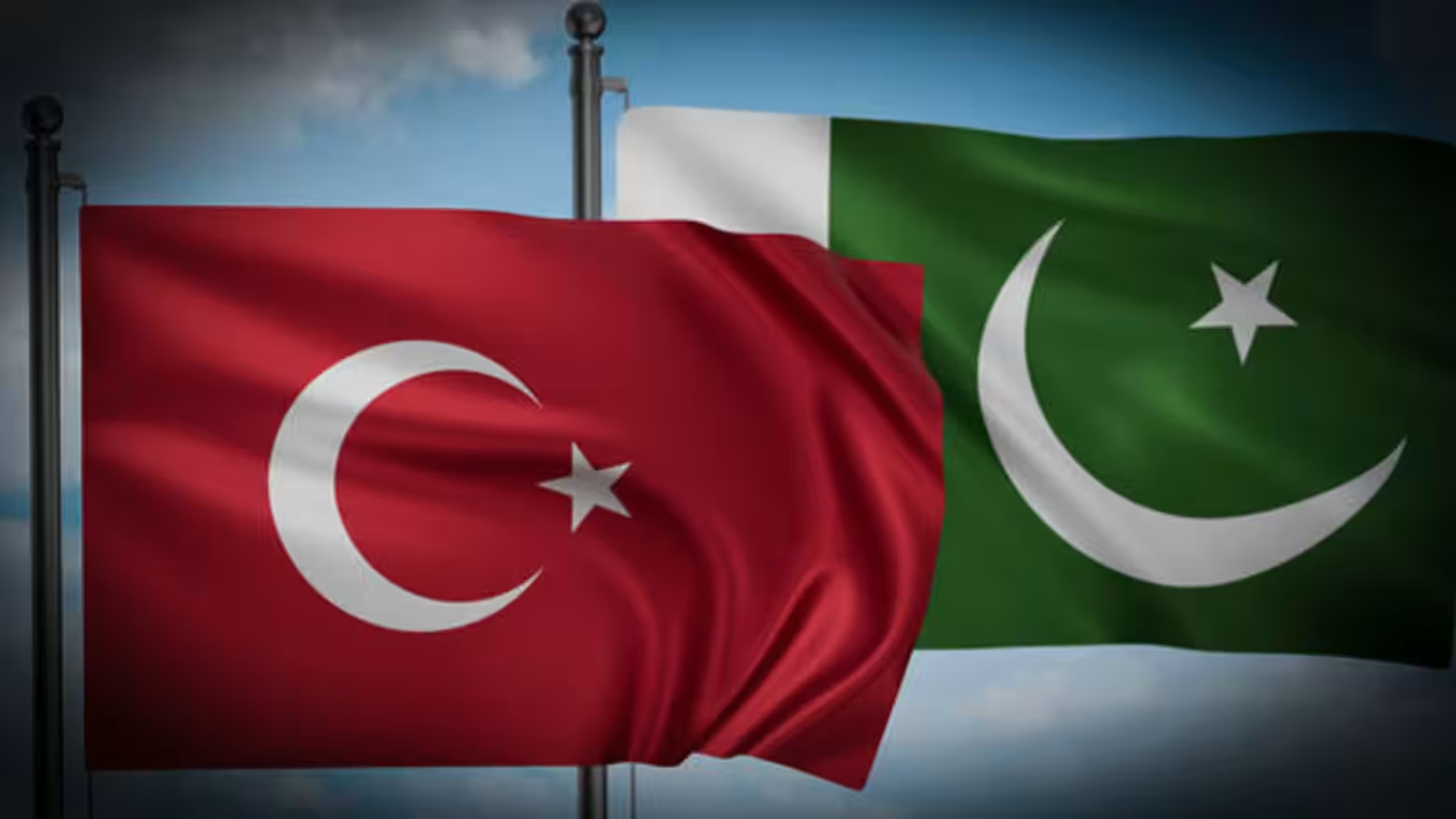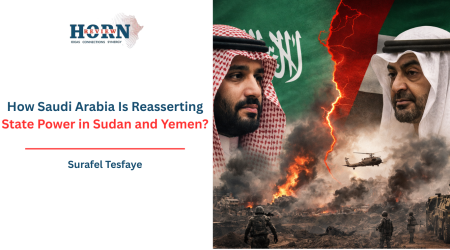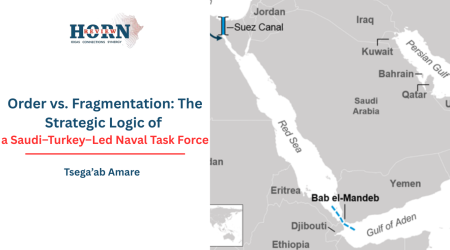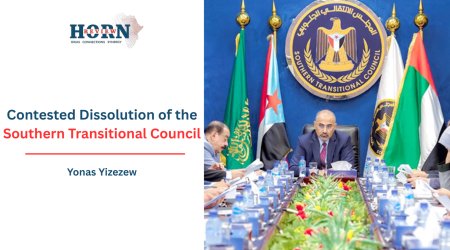
7
Jun
How Turkey’s Military Alliance with Pakistan Is Redrawing South Asia’s Power Map
The Pakistan–Turkey engagement, or the expanding military alliance between Turkey and Pakistan, is escalating tensions in South Asia. Turkey has positioned itself as Pakistan’s sole Western ally to condemn India’s operations in Kashmir. While many Gulf countries have refrained from supporting Pakistan and have shown greater sympathy toward India, Turkey’s unwavering solidarity remains distinctive when even Western nations show neutrality or sensitivity to New Delhi, but what drives Ankara’s bold stance, and how does Islamabad leverage this partnership?
According to many experts, the shared Islamic bond and identity have served as the foundation for a robust partnership between Turkey and Pakistan. Historically, the Mughal and Ottoman empires have a good, friendly ties.
During the Cold War, Turkey and Pakistan allied under the Central Treaty Organization (CENTO, 1955-1979) and the Regional Cooperation for Development (RCD, established 1964), this shows that the two countries almost always suported each other in times of crises and their bond fortified by shared Islamic identity and strategic necessity. For instance, Pakistan backed Turkey’s claims against Greece over Cyprus, and now Ankara appears to be reciprocating by supporting Pakistan on Kashmir. In 1964 and again in 1971, Pakistan provided military assistance to Ankara during the Cyprus crisis.
In recent years, ideological affinities between Islamabad and Ankara have deepened. Turkey has strategically strengthened its ties with non-Gulf Muslim states, such as Pakistan and Malaysia, to counterbalance Gulf influence. But how does Pakistan benefit from Turkey’s involvement? First, Turkey is Pakistan’s second-largest arms supplier. President Erdoğan has repeatedly asserted Turkey’s solidarity with Kashmir, and Turkey has become a major arms exporter. By 2020, Turkey ranked as Islamabad’s second-largest arms supplier after China and has played a pivotal role in modernizing Pakistan’s navy.
This military support risks escalating tensions further, especially as Israel has backed New Delhi’s right to self-defense and as some NATO member nations voice solidarity with Pakistan. This dynamic can be linked to the Israel–Palestine conflict: unlike Israel, Turkey has never labeled Hamas as a terrorist organization; instead has praised it as a movement of liberation, and President Erdogan lauded Hamas publicly as a liberation group and a resistance fighter who are strongly defending their land. Thus, Ankara and Tel Aviv have to settle unfinished business on the soil of Pakistan, at Pakistan’s expense, against India.
Turkey was one of the first nations to recognize India’s independence, and for decades the two countries enjoyed cordial relations. Yet Erdoğan’s ideological vision for a unified Muslim world and his neo-Ottoman fantasy have altered Ankara’s policy. A pressing question remains: why does the international community and NATO turn a blind eye to Turkish weapons being used in proxy attacks against India? Why have they become silent about the Turkish gamble? Will the world continue to ignore Turkey’s double game, or is another proxy conflict brewing?
Beyond Turkey, which other major power supports Pakistan? After the U.S. distanced itself from Islamabad in the 1990s, China deepened its relationship with Pakistan, filling the void left by Washington. To understand the depth of China’s involvement in Pakistan, Beijing has been instrumental in Pakistan’s nuclear development by supplying uranium, tritium, and technical expertise. Without Chinese assistance, Pakistan’s nuclear arsenal would not exist. In the post–Cold War era, China emerged as a leading defense supplier for the two most challenging neighbors to India, namely Pakistan and Bangladesh, providing approximately 86% of Bangladesh’s and 82% of Pakistan’s weapons, signaling its role as a leading defense supplier in South Asia.
Turkey aims to strengthen ties with Islamic nations across continents, and its expanding footprint in South Asia poses a significant challenge to India. What is more troubling to India is that Ankara has completely banned the sale of any military equipment to New Delhi, coupled with reports of Turkish-made equipment on the battlefield, exacerbating this rivalry. Turkey’s involvement differs from China’s: Ankara aims not only to support Pakistan militarily but also to shape narratives among Muslim communities in South Asia and to conduct digital or cyber operations against the U.S. and India, and other non-allied countries like Israel.
Western leaders such as Donald Trump and Keir Starmer have urged dialogue to de-escalate the crisis. Most Western nations and some NATO members have remained neutral; however, one NATO ally (Turkey) has taken a definitive side. This stance could strain ties between NATO members like the U.S. and France, both cultivating stronger alliances with India, and may also complicate relations with a non-NATO nation, Western ally Israel.
Pakistan risks losing its partnerships with Saudi Arabia and other Gulf states by aligning so closely with Turkey. The result is a complex web of alliances, with each state drawing support from different blocs.
Pakistan and Turkey’s friendshipis based on historical legacies, ideological collaboration, and mutual security cooperation. While the Ankarabacking enhances Islamabad’s military power and raises its diplomatic standing, it also has the potential to aggravate regional animosities and incite fresh proxy battles.
Turkey pushes its outreach with Islamic countries, and China furtherbolsters Pakistan’s defense capacities, mounting pressures for New Delhi from various ends. The unfolding game of interplay between the various dynamics should serve as a clear warning that the security environment in South Asia will continue to be fragile as it plays out against a veryprecarious mix of power politics and ideological affinities.
By Surafel Tesfaye,Researcher,Horn Review










